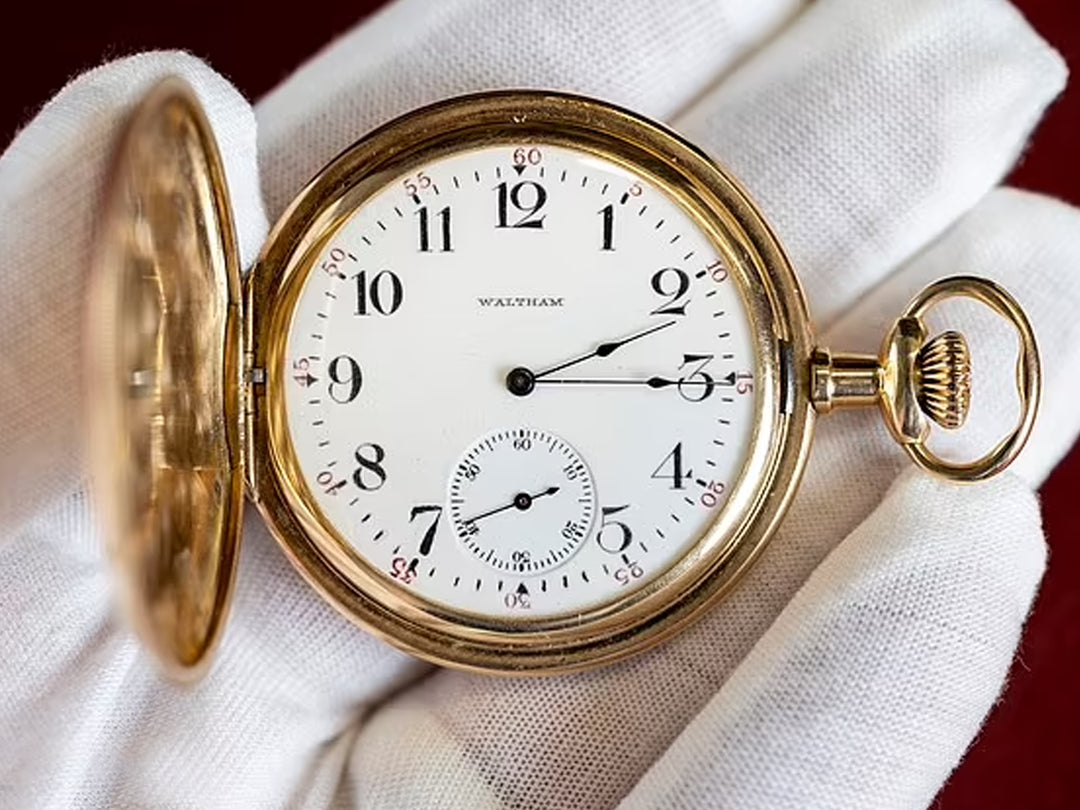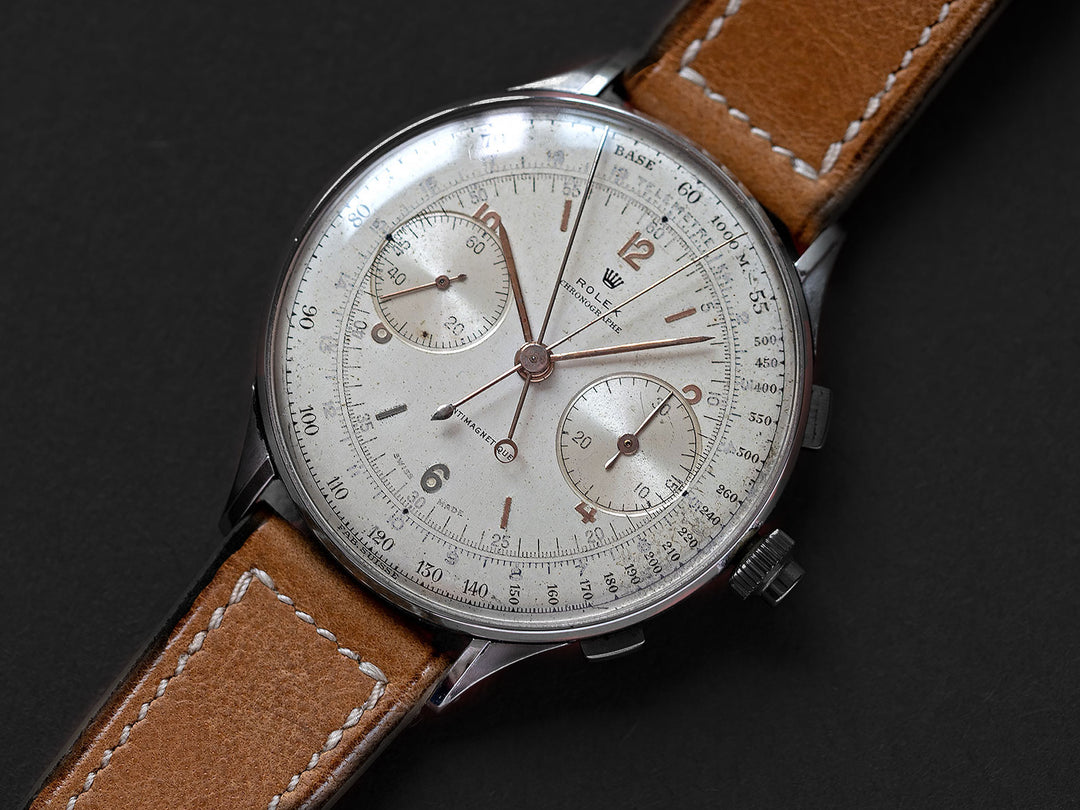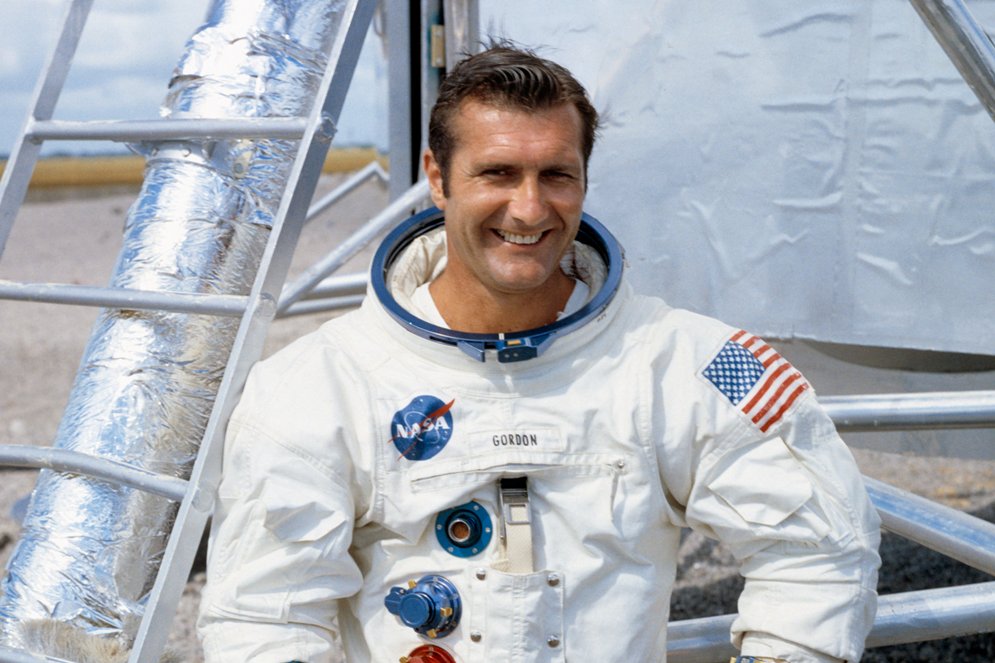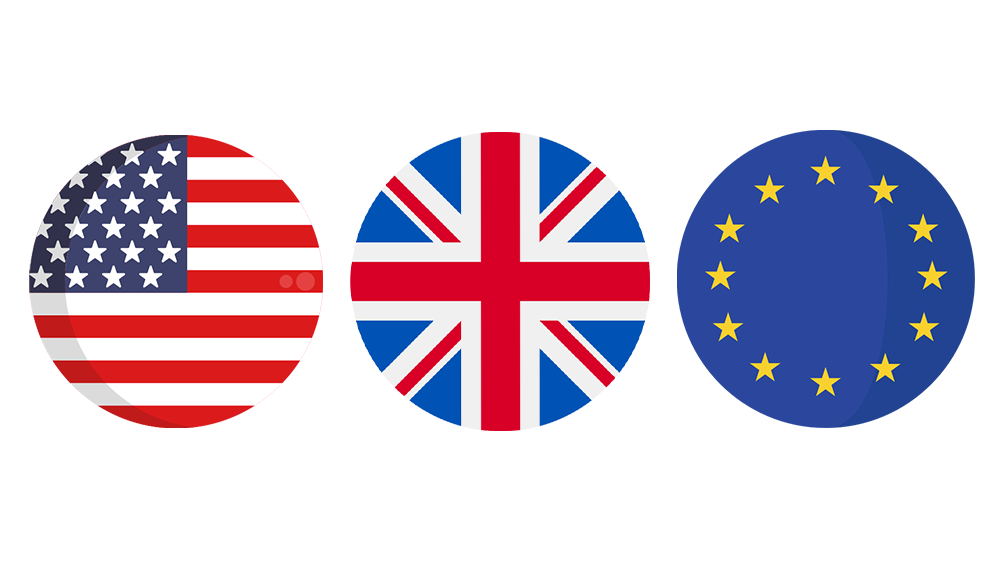Rolex CEO Warns Against Viewing Luxury Watches as Investments
In light of the recent announcement of Rolex’s new lineup for 2024, Jean-Frédéric Dufour, the Chief Executive Officer of Rolex SA, shared his insights on the current state of the luxury watch market.

In a rare interview with Swiss newspaper NZZ, Dufour expressed his concern about the trend of viewing luxury watches as investments, a trend that has been fueled by a surge in interest from speculators during the pandemic. “I don’t like it when people compare watches with stocks. This sends the wrong message and is dangerous,” Dufour said.
The luxury watch market, led by brands including Rolex, Patek Philippe, and Hublot, experienced a significant increase in prices for pre-owned watches in 2021 and early 2022. This was largely driven by speculators, who were encouraged by low interest rates and soaring cryptocurrency values, leading to a rush on expensive Swiss timepieces.
However, the secondary market prices have seen a sharp decline in the past two years due to weaker economic growth and higher interest rates. The Bloomberg Subdial Watch Index, which tracks prices for the 50 most traded timepieces by value, has declined 40% in the past two years.
Rolex, known for its Datejust, Daytona, and Submariner models, is the biggest Swiss watch brand and dominates the industry with an estimated 30% market share. The Geneva-based company’s sales crossed 10 billion Swiss francs ($11 billion) for the first time in 2023, according to estimates by Morgan Stanley.
Dufour confirmed that Rolex, which is controlled by a foundation named for company founder Hans Wilsdorf, pays close attention to secondary market prices. Despite a downturn in demand, he said, “very well known and successful brands,” are always in the minds of consumers and are still doing well. “This can also be seen in the fact that the resale value of these watches does not decrease,” he added.
In a significant shift in strategy, Rolex began issuing certificates of authenticity for its used watches in late 2022 through a certified pre-owned program. The authenticated used watches are sold through its network of authorized dealers, including Switzerland’s Bucherer, which Rolex bought in 2023 in its biggest-ever acquisition.
Looking ahead, Dufour, who has led Rolex since 2015, expects 2024 to be a difficult year for the Swiss watch industry as demand slows from the peak. The surge in retail demand for the top Swiss watchmakers’ products had slowed significantly after three years of frenzied buying.
According to Dufour, the slowdown will hit sales of smaller watch brands hardest. “The pendulum is now swinging in the other direction, and it is naturally more pronounced for the less established brands,” he said. “While they may have seen a 20% increase in sales during the upswing, they may now experience a 15% decline.”
He also noted that the fluctuations are smaller for the big brands. Watchmakers tend to overproduce during good times and when markets weaken, retailers come under pressure to cut prices. “This is extremely problematic because discounts damage emotional products like ours,” Dufour said.
The Rolex boss also highlighted the challenges posed by the strong value of the Swiss franc against other currencies, the rising cost of raw materials such as gold, and increased interest rates. “The increased interest rates are also affecting people’s spending mood, and the geopolitical situation isn’t helping either,” he concluded.







